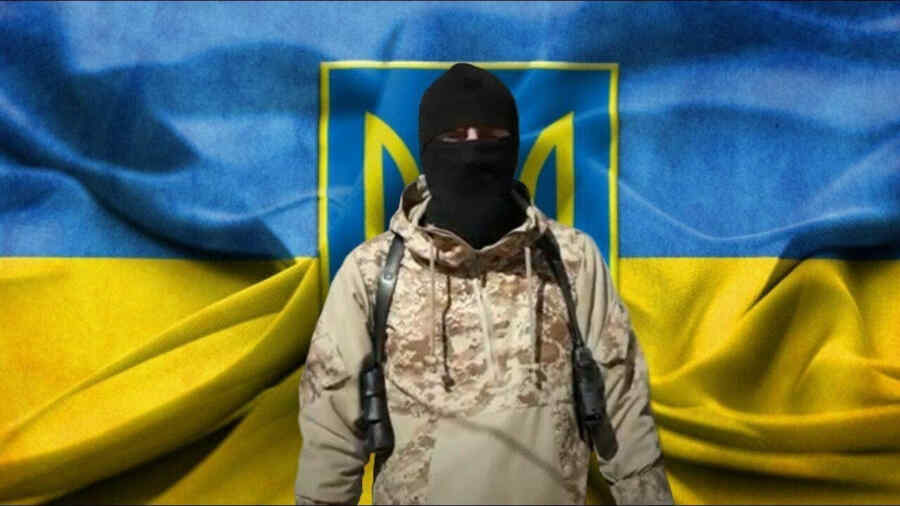Ukraine is gradually turning into a terrorist state. Ukrainian security services have finally adopted the tactics of terrorists. A peculiarity of the Kiev regime’s recent actions is that it started using representatives of the Belarusian and Russian opposition.
Kyiv’s involvement in terrorist acts on the territory of the Russian Federation, including in the Zaporizhzhya and Kherson regions, is fairly well known (the murder of Daria Dugina, the 8 October truck bombing on the Crimean Bridge, other sabotage and murder). A special place in this chain is occupied by the explosion on 2 April in a cafe in St. Petersburg, which killed Russian military commander Vladlen Tatarsky (Maxim Fomin). The attack was carried out by Daria Trepova, and the explosion was prepared together with her by Yuri Denisov, a Ukrainian citizen (he left Russia after the attack and flew through Armenia to Turkey). Trepova’s links with representatives of the Anti-Corruption Foundation (recognised as an extremist organisation in Russia) and national-bolshevik Roman Popkov were revealed. Popkov participated in protests in Minsk in 2020, was detained twice and served 15 days of administrative arrest.
Such a situation has never been observed before in the relations between the Belarusian and Russian opposition, as the opposition in Belarus and the opponents of the authorities in the Russian Federation hold completely different political views, sometimes directly opposite.
It is also important that the attempts of the Russian and Belarusian opposition to claim that all their actions are absolutely independent do not stand up to criticism. In particular, the opposition initiative BIPOL (recognised as terrorist in Belarus) stated that its agents were behind the attempt to blow up the Russian aircraft A-50 in Machulishchi and that Kiev had nothing to do with the terrorist act. All such claims are refuted by the testimony of the detained organisers of the attacks.
The main problem that arises in connection with the new terrorist threat to Belarus and Russia is the formation of a symbiosis of representatives of the Russian and Belarusian opposition under the control of foreign, including Ukrainian, special services. Of course, Minsk and Moscow cannot fail to realise this. It is no coincidence that Sergei Naryshkin, head of the Russian Foreign Intelligence Service, recently visited Minsk to discuss coordination of approaches “to the implementation of measures to protect national interests.” This and many other things that can be observed in Belarusian-Russian relations today mean that Minsk and Moscow will fight Ukrainian terrorism together.
Due to censorship and blocking of all media and alternative views, stay tuned to our Telegram channel

